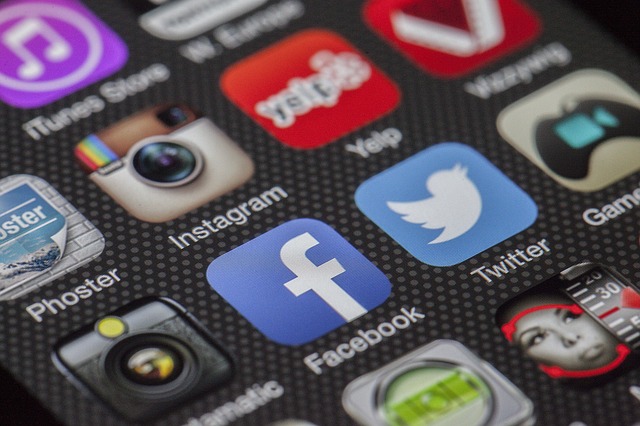
Before technology, bullying typically occurred at school and in your local neighborhoods. However, today children, teens, and young adults have access to phones, computers, tablets, and other devices that connect them to the internet 24/7. This constant access to the internet has created a new realm for bullies known as cyber-bullying, causing victims to experience depression, anger, humiliation, and even suicidal thoughts.
Cyber-bullying occurs when someone or groups of individuals use online communication to harass, humiliate, and threaten someone else. Before handheld technology was widely available, bullies taunted their victims in person. The victims were usually smaller than their bullies in size and strength, but today, if an internet connection is available, cyber bullies target anyone regardless of their physical or mental attributes. Unlike a traditional bully, you may not even know their identity due to the anonymity of the internet. Unfortunately, cyber-bullies can target and torment others every hour of the day because the internet is an endless connection of technology.
The harmful effects of cyber-bullying
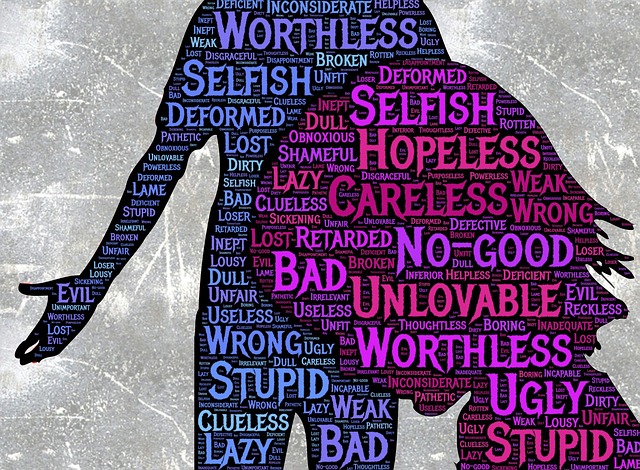 Kids and teens have a broad variety of ways they can bully each other online. These methods can range from taunting or threatening someone via email or text to hacking into a social media account to humiliate a victim. Some cases have been so severe that cyber-bullies created fake social media accounts to masquerade as their victim, posting embarrassing information and ruining their reputation.
Kids and teens have a broad variety of ways they can bully each other online. These methods can range from taunting or threatening someone via email or text to hacking into a social media account to humiliate a victim. Some cases have been so severe that cyber-bullies created fake social media accounts to masquerade as their victim, posting embarrassing information and ruining their reputation.
When it comes to cyber-bullying, males are just as likely as females to bully others online. An embarrassing method like sexting, which is the exchange of sexually based messages and photos, can harm the victim because bullies typically release the private messages and photos for the world to see, ultimately humiliating the victim. Another method such as cyber threatening typically includes hateful messages that detail bodily harm to the victim and the revelation of their secrets. These methods leave individuals with emotional, mental and sometimes physical scars because victims are excluded from social groups due to lies and unbelievable rumors.
Due to the online nature of the exchanges, this sometimes leads kids and teens to switch roles during the vicious online cycle of bully and victim. A victim may feel the need for revenge and engage in online activities that slander the name of the bully and vice versa. This exchange can go back and forth indefinitely, lowering the self-wealth and assurance of all parties involved.
Cyberbullying Effects: Resources & Links
http://fundforcivility.org/cyberbullying-effects/
https://www.stopbullying.gov/at-risk/effects/index.html
https://nobullying.com/the-effects-of-cyber-bullying/
http://www.tuw.edu/health/impact-of-cyberbullying/
https://www.verywell.com/what-are-the-effects-of-cyberbullying-460558
Security tips for social media
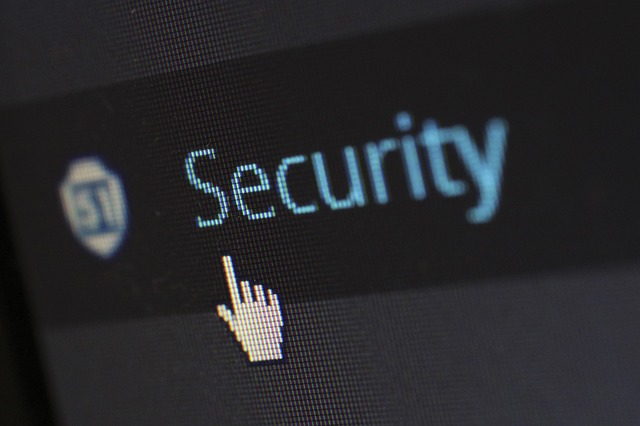 Social media is a modern day playground, and most kids, teens and young adults have social media profiles, but did you know that every reputable social media platform has safeguards and security measures in place to deal with cyber-bullying?
Social media is a modern day playground, and most kids, teens and young adults have social media profiles, but did you know that every reputable social media platform has safeguards and security measures in place to deal with cyber-bullying?
 Facebook has taken a tough stance against cyber-bullying. Once identified, all forms of bullying are removed from the site and the offending account is deactivated and disabled. Facebook makes it simple to report bullying by posting report links near the contents of your feed. This link typically appears in the form of a drop-down video near a post, image, comment, or video. You also have the option to block profiles and content you don’t want to interact with. Users can set their profiles to private and even go as far as limiting which friends and friends of friends can see what they post. All information posted to this social network can be limited to reduce the risk of cyber-bullying. Find out more about how to report cases of cyber-bullying here.
Facebook has taken a tough stance against cyber-bullying. Once identified, all forms of bullying are removed from the site and the offending account is deactivated and disabled. Facebook makes it simple to report bullying by posting report links near the contents of your feed. This link typically appears in the form of a drop-down video near a post, image, comment, or video. You also have the option to block profiles and content you don’t want to interact with. Users can set their profiles to private and even go as far as limiting which friends and friends of friends can see what they post. All information posted to this social network can be limited to reduce the risk of cyber-bullying. Find out more about how to report cases of cyber-bullying here.
Facebook Bullying Prevention Hub - https://www.facebook.com/safety/bullying/
If you’re being bullied on Twitter, you can unfollow that person by clicking on their name and selecting the “unfollow” option. If that person continues to persist in their bullying, you can block that user. They will no longer be able to see your tweets and when they try to contact you, you will not receive their messages. However, if the bully still manages to get through to you by making a new account despite your best efforts to block their communications, you can report them directly to Twitter here.
Best Practices for Fighting Online Abuse - https://support.twitter.com/articles/15794#
Youtube
 YouTube is no different than any other social media platform. It’s just as easy to be bullied and harassed here as it is on any other platform. If you feel that a video encourages others to bully someone, you can flag that video by clicking on the little flag at the bottom right of the video. YouTube will examine the video and determine whether or not it has violated its terms of use policy. If the video is identified as breaking a policy, it will be removed. YouTube states in its rules that users can’t upload videos with subject matter relating to graphic violence, nudity, or hate content. If you’re a YouTuber and you’re experiencing bullying or you’re being bullied in the comment section of a video, you can report it here, and YouTube will review the matter.
YouTube is no different than any other social media platform. It’s just as easy to be bullied and harassed here as it is on any other platform. If you feel that a video encourages others to bully someone, you can flag that video by clicking on the little flag at the bottom right of the video. YouTube will examine the video and determine whether or not it has violated its terms of use policy. If the video is identified as breaking a policy, it will be removed. YouTube states in its rules that users can’t upload videos with subject matter relating to graphic violence, nudity, or hate content. If you’re a YouTuber and you’re experiencing bullying or you’re being bullied in the comment section of a video, you can report it here, and YouTube will review the matter.
Harassment and Cyber-bullying - https://support.google.com/youtube/answer/2802268?hl=en
Just like the other social media platforms, those who use Instagram are susceptible to cyber-bullying. Bullying on this platform can happen in the form of fake accounts, negative comments, or a hacked personal account. Instagram is very strict with its rules concerning bullying and abuse. Initially, they recommend that you unfollow and block the bully. However, just like with Twitter, if the person continues to bother you, you can report it here. This is a very detailed page that covers a wide variety of issues that you can report directly to the staff at Instagram.
Harassment and Bullying On Instagram - https://help.instagram.com/547601325292351
Snapchat
 Snapchat is a social media app that allows users to send pictures and messages that disappear after a set amount of time. Cyber-bullying typically manifests itself on Snapchat in the form of someone sending stolen personal pictures without the permission of the owner, negative comments, and sending sexually provocative images. If you wish to block someone on Snapchat, you must follow a series of steps – tap on the menu icon and select “my friends”. Your friends list should pop up from which you’ll select the person you wish to block. Swipe right on their name and a “Delete” option will appear. Be mindful that even if you haven’t added that person as a friend once they’ve sent you messages or images, their name will still appear on your friends list under “Recent”. If you wish to report the issue directly to the staff at Snapchat, you can contact them here.
Snapchat is a social media app that allows users to send pictures and messages that disappear after a set amount of time. Cyber-bullying typically manifests itself on Snapchat in the form of someone sending stolen personal pictures without the permission of the owner, negative comments, and sending sexually provocative images. If you wish to block someone on Snapchat, you must follow a series of steps – tap on the menu icon and select “my friends”. Your friends list should pop up from which you’ll select the person you wish to block. Swipe right on their name and a “Delete” option will appear. Be mindful that even if you haven’t added that person as a friend once they’ve sent you messages or images, their name will still appear on your friends list under “Recent”. If you wish to report the issue directly to the staff at Snapchat, you can contact them here.
WhatsApp is an app that allows you to send instant messages, photos, videos, and short audio messages to either a single person or a group. To use WhatsApp, all participants must have a smartphone with the app installed. The ability to bully on this app can occur in multiple ways like sending abusive messages in the form of text, video, and audio recordings. You can even be bullied in a group chat by numerous people. Thankfully, you have the ability to block and delete as many people as you wish. If you would like to contact the staff at WhatsApp, you can send them an email at support@whatsapp.com.
General Security Tips
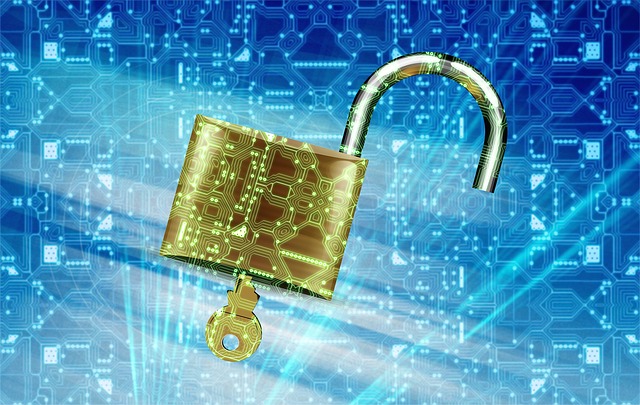
Privacy
No matter what social media platform you’re using, never post your address, school, phone number, or any other forms of identifying information. You don’t want strangers to be able to find out your location in real life. Also, keep the information of your friends safe as well.
Be careful what you post
Always be mindful of what you post. Posting something embarrassing about yourself may come back to haunt you later in life, like when you're trying to get into a college or interviewing for a job. It has become common practice for professional organizations to comb through the social media profiles of potential candidates to determine what type of person they are. Don’t give them a reason to judge and reject you. Remember this important tip - if you wouldn't want your mother to see it, don't post it. The moment you post an image or comment, that information can be copied and reposted thousands of times over, and you’ll lose the chance to delete that information forever.
Sending pictures
If someone wants you to take photos of yourself, think once again about if your mother would approve of those photos. If not, don’t send them. If a stranger contacts you online and attempts to make you send them photos, that should be an immediate red flag. Immediately cut ties with that person. If you are underage, tell an adult and report them to the proper authorities.
Public Places
If you’re using a public computer at a school or library, always remember to log out when you’re finished. If not, what’s to stop the next person who sits down at that computer from snooping through your profile?
Location Settings
Several social media platforms such as Facebook and Twitter allow you to post your physical location. This can be an exciting tool, especially if you’re on vacation with your family and you want to show off the places you visited that day. However, please be mindful that the possibility exists that complete strangers might see your post (a friend might share the post for example, or your profile might be set to public view) and subsequently discover where you’re staying. If the social media platform that you use has local services, find them and turn them off as a precaution.
Inappropriate Conduct
Cyber-bullying is synonymous with inappropriate conduct. If you’re a kid or teen and someone begins acting in a way that makes you feel uncomfortable, contact a teacher, a parent, and any other trustworthy adult. Know that if you’re being targeted, there’s a good chance the bully may be targeting other people as well. Reporting that person could potentially save someone else from being bullied. It’s vitally important that if anyone asks you to meet up in real life, you should refuse, especially if they suggest you do so in secret.
Beware of friend requests from strangers
It’s not uncommon for people to send random friend requests to complete strangers to bolster their friends list and appear more popular. There’s nothing wrong with meeting new people, but never forget that no matter how friendly a person may seem, they’re still a stranger. If they attempt to obtain your personal information like your phone number, address, school, or credit card information, that’s a red flag. You should alert your parents and they should contact the police if you are being stalked online and harassed for your personal information. Ensure that you don’t delete any of your correspondence with the stranger in question. The police may be able to use your messages to determine if that person is guilty of any illegal wrongdoing.
Cyberbullying Prevention: Resources & Links
http://www.cyberbullyhotline.com/blog/effective-cyberbullying-prevention-strategies/
http://stopcyberbullying.org/prevention/
https://www.adl.org/education/resources/tools-and-strategies/bullying-and-cyberbullying-prevention-strategies
http://www.connectsafely.org/tips-to-help-stop-cyberbullying/
http://endcyberbullying.net/preventing-cyberbullying/
Final Thoughts
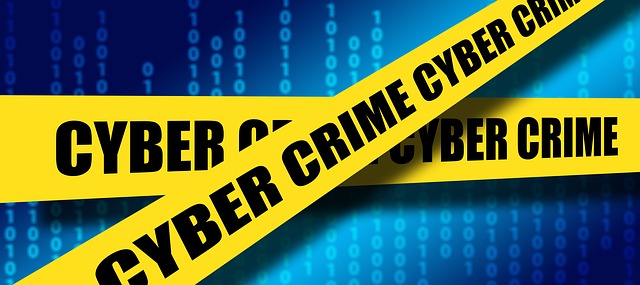 As a child, teen, or young adult, you want your online experience to be as safe as possible. Always be mindful that your personal security should always be your number one priority. Unfortunately, it’s likely that cyber-bullying will always exist. If you’re a victim of cyber-bullying and you feel helpless, know that you have the power to put an end to the abuse. By following the tips in this guide, you should be able to solve any difficult situation that may arise during your online experience. Of course, if the bullying persists despite your best efforts, inform a parent, teacher, or proper authority right away. Always be aware of who you’re talking to, and stay safe.
As a child, teen, or young adult, you want your online experience to be as safe as possible. Always be mindful that your personal security should always be your number one priority. Unfortunately, it’s likely that cyber-bullying will always exist. If you’re a victim of cyber-bullying and you feel helpless, know that you have the power to put an end to the abuse. By following the tips in this guide, you should be able to solve any difficult situation that may arise during your online experience. Of course, if the bullying persists despite your best efforts, inform a parent, teacher, or proper authority right away. Always be aware of who you’re talking to, and stay safe.

